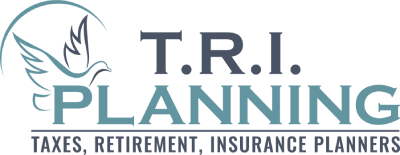Investing with Confidence
In a time when many unscrupulous individuals are looking for opportunities to defraud investors, it is more important than ever to be educated about potential dangers. The following information is designed to explain:
- How our firm is structured to protect you.
- “Red Flags” to watch for when investing.
- Questions to ask before investing.
Here at TRI Planning, we are affiliated with Osaic Wealth, Inc (“Osaic”) , which holds us accountable through annual audits and regular compliance approvals. During our annual audit, auditors have access to our business and personal bank account records to ensure that client checks have not been cashed. In addition, we are subject to surprise audits by FINRA, Osaic’s governing body. Audits are designed to ensure that each affiliated financial professional adheres to the rules and regulations determined by the industry for the protection of investors.
We do not custody assets.
This is a very important point to note. A financial professional has custody of assets when he/she has possession of client funds or securities or has any authority to obtain them. We do not have such authority. In other words, we do not hold your assets, nor do you make checks payable to us. In essence, we never take possession of the money you plan to invest, but, rather, we transmit your monies to the investment companies we have agreed to use for your personal situation. We only choose well-established, well-insured companies to be custodians of your assets.
“Red Flags”
To watch out for
Many Ponzi schemes share common characteristics. Look for these warning signs:
- High investment returns with little or no risk. Every investment carries some degree of risk, and investments yielding higher returns typically involve more risk.
- Overly Consistent returns. Investments tend to go up and down over time, especially those seeking high returns. Be suspect of an investment that continues to generate regular, positive returns regardless of overall market conditions.
- Unregistered investments. Ponzi schemes typically involve investments that have not been registered with the SEC or with state regulators. Registration is important because it provides investors with access to key information about the company’s management, products, services, and finances.
- Unlicensed sellers. Federal and state securities laws require investment professionals and their firms to be licensed or registered. Most Ponzi schemes involve unlicensed individuals or unregistered firms.
- Secretive and/or complex strategies. Avoiding investments you don’t understand or for which you can’t get complete information is a good rule of thumb.
- Issues with paperwork. Ignore excuses regarding why you can’t review information about an investment in writing, and always read an investment’s prospectus or disclosure statement carefully before you invest. Also, account statement errors may be a sign that funds are not being invested as promised.
- Difficulty receiving payments. Be suspicious if you don’t receive a scheduled payment or have difficulty getting monies you request. Ponzi scheme promoters sometimes encourage participants to “roll over” promised payments by offering even higher investment returns.
5 Questions
To ask before investing
When you consider your next investment opportunity, start with these five questions:
- Is the seller licensed?
- Is the investment registered?
- How do the risks compare with the potential rewards? Does it sound too good to be true?
- Do I understand the investment?
- Where can I turn for help?
Source: SEC.gov
If you are aware of an investment opportunity that might be a Ponzi scheme, contact the SEC by phone at (800) 732-0330 or online at https://www.sec.gov/oiea/Complaint.html
The content is developed from sources believed to be providing accurate information. The information in this material is not intended as tax or legal advice. Please consult legal or tax professionals for specific information regarding your individual situation. The opinions expressed and material provided are for general information and should not be considered a solicitation for the purchase or sale of any security.
Securities and investment services offered through Osaic Wealth, Inc. (“Osaic”) , member FINRA/SIPC. Osaic is separately owned and any other entities and/or marketing names, products, or services referenced here are independent of Osaic . This communication is strictly intended for individuals residing in the states of OH, OK, and TX. No offers may be made or accepted from any resident outside the specific state(s) referenced. Neither Osaic nor its representatives provide tax or legal advice.
The post INVESTING WITH CONFIDENCE appeared first on Tri Planning.




